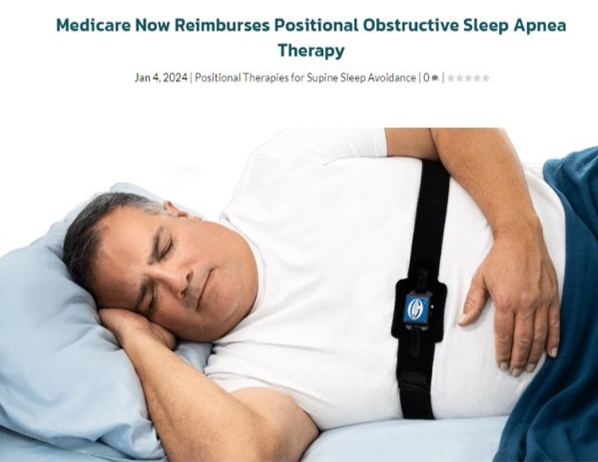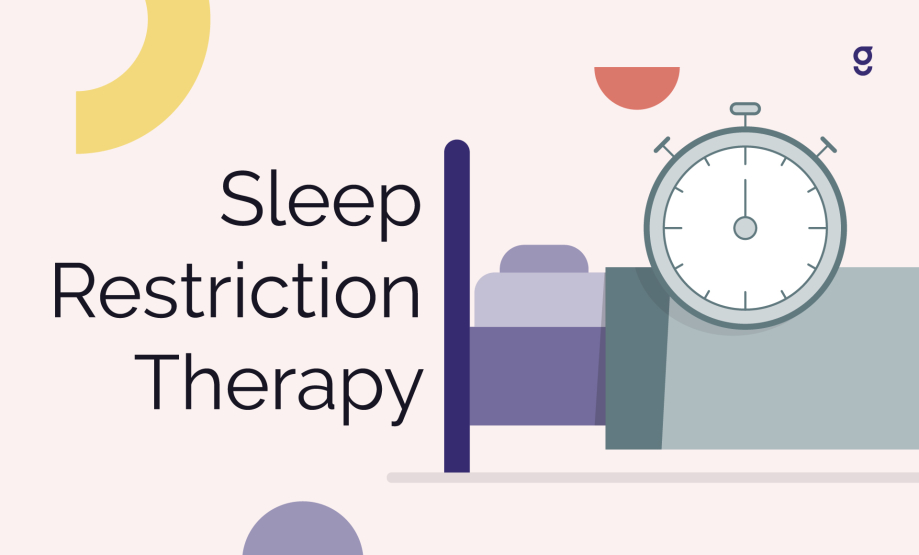Sleep Deprivation Help - Overcome Exhaustion and Improve Health
Sleep Deprivation Help - Overcome Exhaustion and Improve Health
Blog Article
Reliable Treatment Solutions for Taking Care Of Sleep Disorders and Enhancing Peaceful Sleep
In the world of health care, the monitoring of sleep problems and the mission for relaxing sleep are pivotal parts of general health. Efficient therapy options use a diverse method to take on these obstacles, ranging from cognitive behavior interventions to all natural practices that advertise relaxation and mindfulness. The exploration of numerous methods, including the assimilation of medicine and light therapy, opens a realm of opportunities in the pursuit of better sleep quality. As we browse the intricate landscape of rest problems and look for to boost our rest experience, a much deeper understanding of these treatment options may hold the trick to opening a much more relaxing and meeting restorative journey.
Cognitive Behavioral Treatment for Sleeplessness (CBT-I)
Cognitive Behavior Modification for Sleeping Disorders (CBT-I) is an organized, evidence-based therapy method that concentrates on dealing with the underlying aspects contributing to rest disturbances. This kind of treatment aims to change actions and thoughts that aggravate insomnia, ultimately advertising healthy sleep patterns. CBT-I usually involves numerous essential components, consisting of cognitive treatment, rest constraint, stimulation control, and rest hygiene education and learning.
Cognitive therapy assists individuals determine and change adverse idea patterns and beliefs about sleep that may be impeding their ability to drop or stay asleep. Rest limitation involves limiting the quantity of time invested in bed to match the individual's actual sleep duration, therefore increasing sleep performance (natural insomnia remedies). Stimulus control techniques aid establish a strong organization between the bed and rest by encouraging individuals to head to bed only when drowsy and to prevent participating in stimulating activities in bed
Furthermore, rest hygiene education concentrates on creating healthy and balanced rest behaviors, such as maintaining a consistent sleep timetable, creating a relaxing going to bed regimen, and optimizing the rest atmosphere. By addressing these variables adequately, CBT-I offers an efficient non-pharmacological intervention for taking care of sleeplessness and improving total rest quality.
Rest Hygiene Practices
Having developed the foundation of cognitive restructuring and behavior alterations in addressing insomnia through Cognitive Behavioral Therapy for Insomnia (CBT-I), the emphasis now changes towards exploring vital Sleep Hygiene Practices for keeping ideal sleep high quality and overall well-being.
Sleep health techniques encompass an array of habits and environmental elements that can substantially impact one's capacity to go to sleep and remain asleep throughout the night. Consistent rest and wake times, creating a relaxing bedtime routine, and maximizing the sleep setting by keeping it dark, peaceful, and cool are essential elements of good rest health. Limiting direct exposure to displays before going to bed, preventing energizers like high levels of caffeine near bedtime, and engaging in routine exercise throughout the day can also promote far better sleep high quality.
Additionally, practicing relaxation strategies such as deep breathing exercises or reflection before bed can help calm the mind and prepare the body for rest. By incorporating these sleep health techniques into one's day-to-day regimen, people can establish a healthy and balanced rest pattern that supports relaxing sleep and total wellness.
Leisure Techniques and Mindfulness
Applying relaxation methods and mindfulness techniques can play a pivotal function in fostering a sense of tranquility and advertising quality sleep. natural insomnia remedies. These methods aim to peaceful the mind, decrease anxiety, and create an ideal atmosphere for restful sleep. One extensively practiced approach is deep breathing exercises, where people concentrate on slow-moving, deep breaths to relax the body and mind. Progressive muscle leisure involves tensing and after that launching each muscular tissue team, advertising physical relaxation. Additionally, guided imagery can assist carry individuals to a peaceful location in their minds, aiding in stress and anxiety reduction and improving rest top quality.
By integrating these practices into see it here a going to bed routine, people can signify to their bodies that it is time to prepare and unwind for sleep. On the whole, incorporating leisure strategies and mindfulness methods can dramatically add to taking care of rest disorders and enhancing overall sleep high quality.

Medication Options for Sleep Disorders
After checking out relaxation techniques and mindfulness practices as non-pharmacological interventions for enhancing sleep top quality, it is important to consider medicine choices for individuals with rest disorders. In situations where lifestyle modifications and treatment do not provide enough relief, medication can be a beneficial tool in handling rest disturbances.
Frequently recommended medications for rest problems include benzodiazepines, non-benzodiazepine hypnotics, antidepressants, and melatonin receptor agonists. Benzodiazepines, such as diazepam, are sedatives that can aid induce sleep, but they are commonly suggested for short-term usage because of the risk of dependancy. Non-benzodiazepine hypnotics like zolpidem are also used to deal with sleep problems and have a lower danger of reliance contrasted to benzodiazepines. Antidepressants, such as trazodone, can be advantageous for individuals with co-occurring depression and rest disruptions. Melatonin receptor agonists, like ramelteon, target the body's natural sleep-wake cycle and can be handy for controling rest patterns.
It is vital for individuals to seek advice from a doctor to figure out the most suitable medicine alternative based upon their specific sleep condition and case history.
Light Treatment for Body Clock Guideline
Light therapy, additionally understood as phototherapy, is a non-invasive treatment approach used to control circadian rhythms and boost sleep-wake cycles. This therapy includes direct exposure to brilliant light that mimics all-natural sunshine, which helps to reset the body's body clock. By revealing individuals to certain wavelengths of light, commonly in the early morning or night relying on the desired impact, light treatment can efficiently adjust the circadian rhythm to advertise wakefulness throughout the day and boost relaxed sleep at evening.
Research has revealed that light therapy can be especially helpful for people with body clock conditions, such as delayed sleep phase syndrome or jet lag. It can likewise be helpful for those experiencing seasonal depression (SAD), severe snoring a sort of depression that normally go to this site happens during the winter months when all-natural light direct exposure is lowered. Light treatment is usually well-tolerated and can be utilized in conjunction with various other treatment methods for rest problems to maximize end results and boost total rest top quality.
Verdict
In final thought, reliable treatment options for taking care of rest problems and boosting peaceful rest consist of Cognitive Behavior modification for Sleeplessness (CBT-I), rest hygiene techniques, leisure strategies and mindfulness, medication alternatives, and light treatment for body clock policy. These approaches can assist people boost their rest high quality and general health. It is essential to seek advice from a healthcare supplier to establish the most appropriate technique for attending to sleep concerns.
As we browse the detailed landscape of sleep disorders and seek to improve our sleep experience, a much deeper understanding of these therapy solutions may hold the key to opening a much more relaxing and meeting corrective journey.
Rest limitation involves limiting the quantity of time spent in bed to match the person's real sleep period, consequently increasing rest effectiveness. Consistent rest and wake times, creating a relaxing bedtime routine, and enhancing the sleep setting by keeping it dark, quiet, and cool are crucial components of good sleep health. Light therapy is usually well-tolerated and can be utilized in conjunction with other treatment approaches for sleep conditions to optimize end results and improve total rest high quality.

Report this page